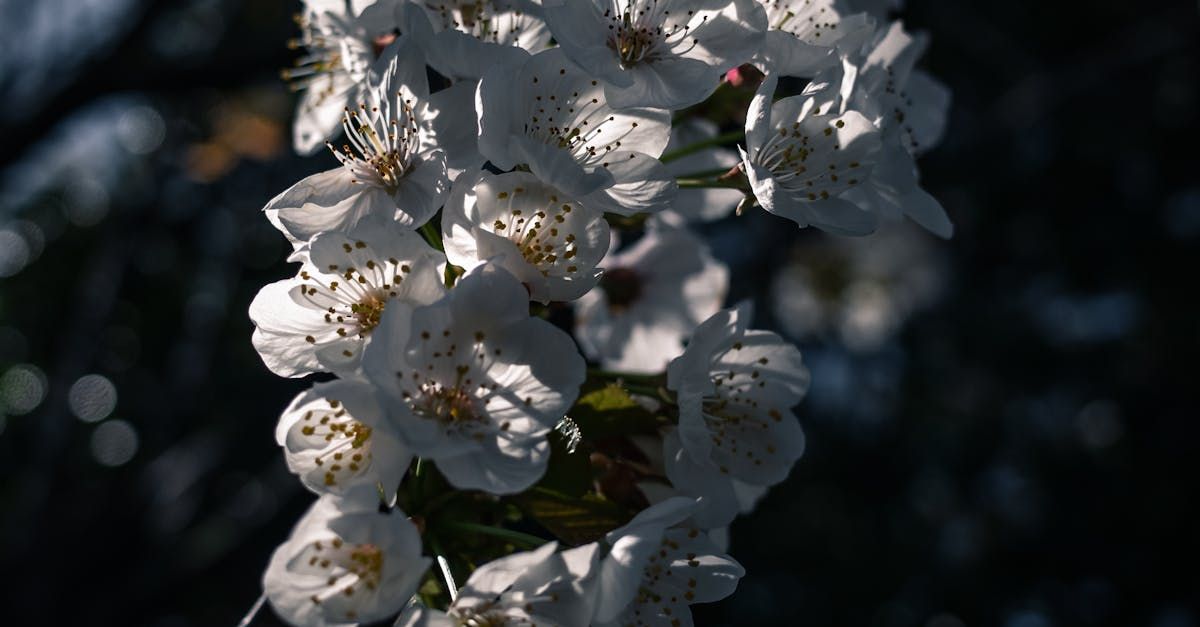Cannabis for Depression: How it Can Help
Exploring the Therapeutic Benefits of CBD and THC for Alleviating Symptoms of Depression

Depression is a serious mental health condition that affects millions of people worldwide. It can cause a range of symptoms, including feelings of sadness, loss of interest in activities, changes in appetite, and difficulty sleeping. If left untreated, depression can lead to significant impairment in daily functioning and quality of life.
Many people with depression turn to conventional medications, such as antidepressants, to help manage their symptoms. However, these drugs can come with a range of side effects, and some people do not find them to be effective. As a result, more and more people are turning to alternative treatments, including cannabis.
Cannabis, also known as marijuana, has been used for centuries to treat a variety of medical conditions, including depression. Research has shown that the compounds in cannabis, particularly CBD and THC, can help to alleviate symptoms of depression by interacting with the body's endocannabinoid system.
CBD, or cannabidiol, is a non-psychoactive compound found in cannabis that has been shown to have a range of therapeutic benefits, including reducing anxiety and depression.
CBD works by interacting with the body's endocannabinoid system, which is responsible for regulating mood and other important functions. By increasing the levels of endocannabinoids in the body, CBD can help to improve mood and alleviate symptoms of depression.
THC, or tetrahydrocannabinol, is the psychoactive compound found in cannabis that is responsible for the "high" associated with marijuana use. While THC can have a temporary effect on mood and can help to relieve anxiety and depression, it can also cause some side effects, such as increased heart rate, dry mouth, and impaired cognitive function.
When used in combination, CBD and THC can have a powerful effect on depression. Research has shown that the combination of these compounds can help to reduce symptoms of depression and improve overall well-being.
It's important to note that while cannabis can be an effective treatment for depression, it is not suitable for everyone. Some people may experience adverse side effects, such as increased anxiety or paranoia, and it can also interact with other medications. It's important to talk to your doctor before starting any new treatment, including cannabis, to determine if it's the right choice for you.
In conclusion, cannabis has shown promise as a treatment for depression. The compounds in cannabis, particularly CBD and THC, can help to alleviate symptoms of depression by interacting with the body's endocannabinoid system. While cannabis is not suitable for everyone, it may be a useful alternative for those who do not find relief from conventional medications.
If you're interested in exploring the potential benefits of cannabis as a treatment for depression, check out our menu for a range of high-quality cannabis products.
SHARE:
Disclaimer: The information provided in this article is for educational purposes only. The content is not intended to be a substitute for professional medical advice, diagnosis, or treatment. Always seek the advice of your physician or other qualified healthcare provider with any questions you may have regarding a medical condition. The use of cannabis, including smoking, may have potential health risks and may not be suitable for everyone. It is essential to understand and abide by the laws in your country or state regarding cannabis use. The author and publisher of this article are not responsible for any adverse effects or consequences that may result from the use of the information presented in this article. This blog is sponsored by
Fresh Mint.











